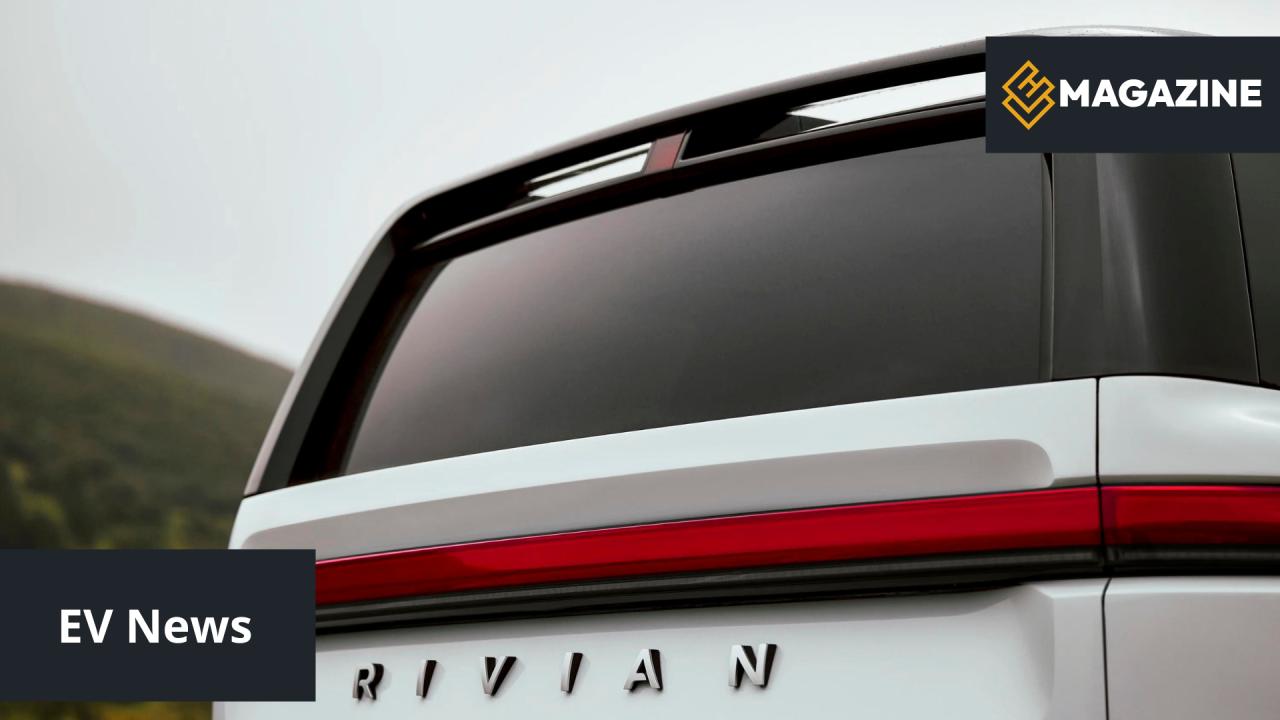American electric vehicle manufacturer Rivian announces a significant shift in its strategy. The company has decided to implement lithium iron phosphate (LFP) batteries across its entire product range. This move could have far-reaching consequences not only for the company itself but for the entire electric vehicle market.
Why is Rivian Betting on LFP Technology?
LFP batteries have been gaining increasing popularity in recent years. The main reason is their impressive lifespan and enhanced safety. Unlike conventional lithium-ion batteries, they don't contain cobalt, which brings several advantages. Not only is production less costly, but it's also significantly more environmentally friendly.
Another strength of LFP batteries is their excellent thermal stability. In practice, this means they heat up less and the risk of overheating is minimal. This is a key factor for electric vehicle safety, appreciated not only by manufacturers but especially by users.
What Does This Mean for Rivian's Future?
By transitioning to LFP batteries, Rivian is pursuing several goals. Primarily, it aims to streamline production and increase vehicle availability. Lower manufacturing costs should lead to reduced model prices, which is a crucial step towards strengthening competitiveness in the global market. This move comes at a time when demand for sustainable and affordable electric vehicles is sharply rising.
What Changes Will Customers Experience?
For Rivian customers, this transition has several positive aspects. They can expect not only potentially lower vehicle prices but also longer battery life and a higher level of safety. Although LFP batteries typically have lower energy density compared to traditional lithium-ion batteries, Rivian is working intensively on optimizing their use to make this difference as negligible as possible.
LFP Batteries: The Future of Electric Mobility?
Lithium iron phosphate batteries represent a significant trend in the electric mobility sector. Given their undeniable advantages, it's likely that more manufacturers will opt for their integration. With this move, Rivian is not only strengthening its market position but also contributing to the wider adoption of electric vehicles as a sustainable alternative to conventional combustion engine vehicles.
Rivian's decision clearly demonstrates the growing importance of innovations in battery technology. These are crucial for the future of transportation and can significantly influence the direction the automotive industry will take in the coming years.

